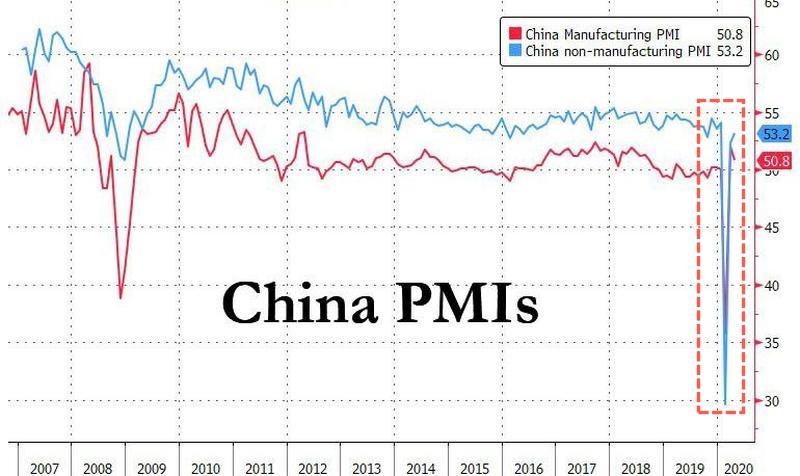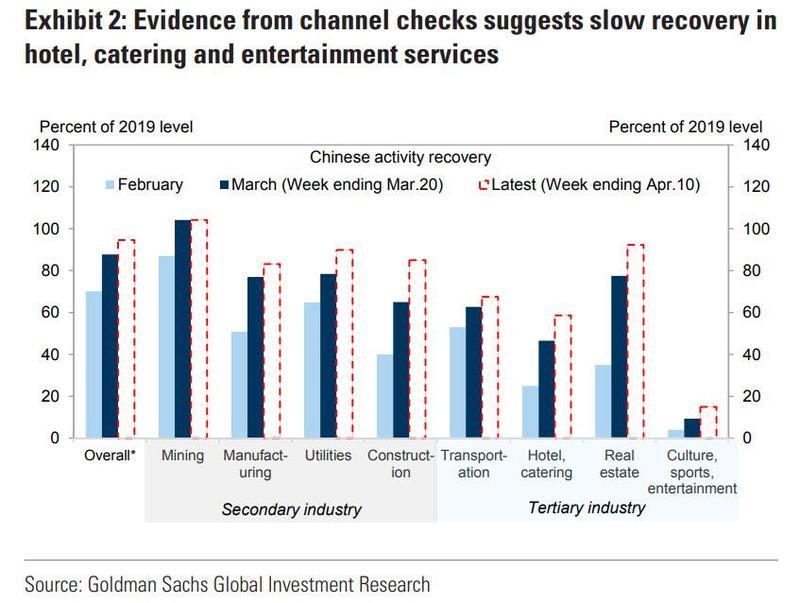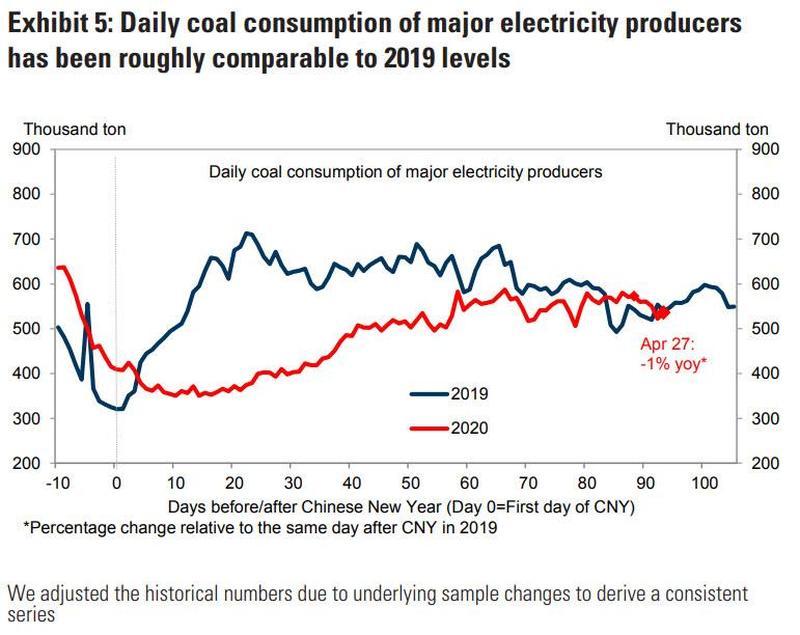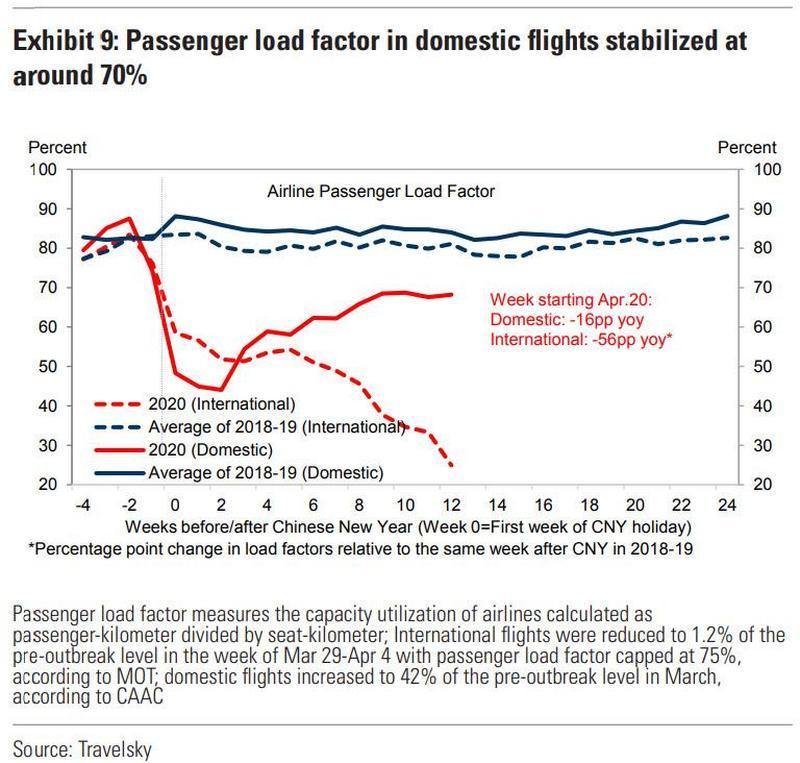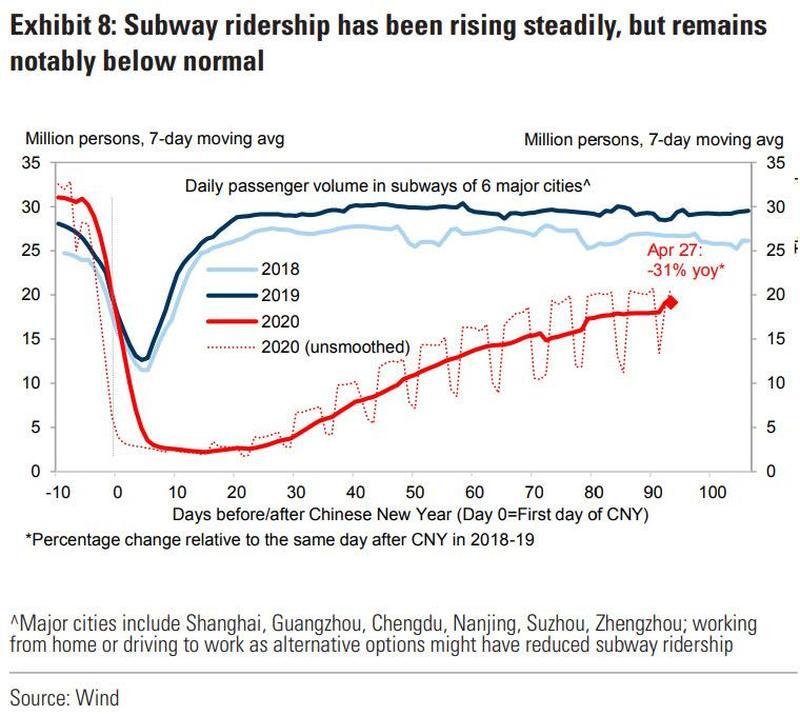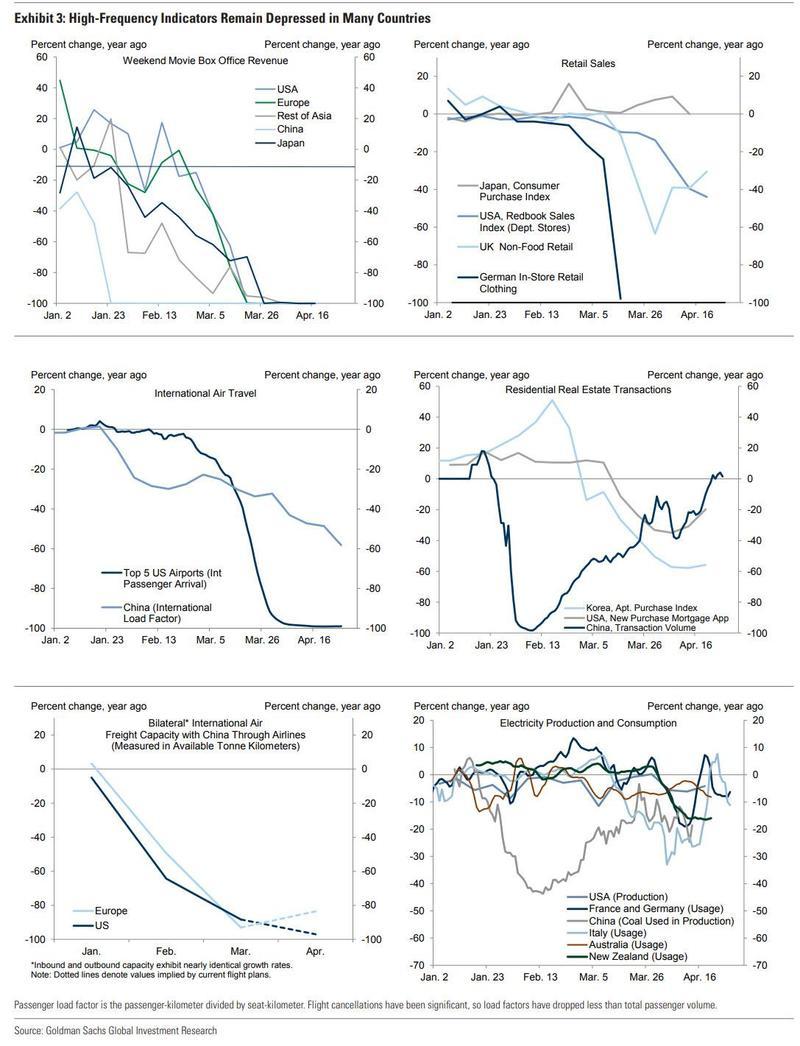Despite China’s “Reopening”, Global Smartphone Market Suffers Record Crash In Shipments
For months China has tried to convince the world through official economic data that it has successfully achieved a V-shaped recovery, though alternative data has shown otherwise. In the latest confirmation, China’s economy has not stabilized but instead continues to drown in economic turmoil are signs that consumers are not so confident about future economic prospects due to their inability to purchase smartphones.
Years ago, China eclipsed the US as the largest smartphone market. If Chinese consumers are unwilling to purchase smartphones, the impact is felt globally. This is precisely what the International Data Corporation (IDC) is reporting, as global smartphone shipments have plunged the fastest on record in 1Q20, due to the coronavirus pandemic forcing governments across Asia and the world to unleash devastating lockdowns that resulted in a global economic crash.
IDC reports worldwide smartphone shipments dropped 11.7% YoY over the quarter, with companies shipping around 276 million smartphones.
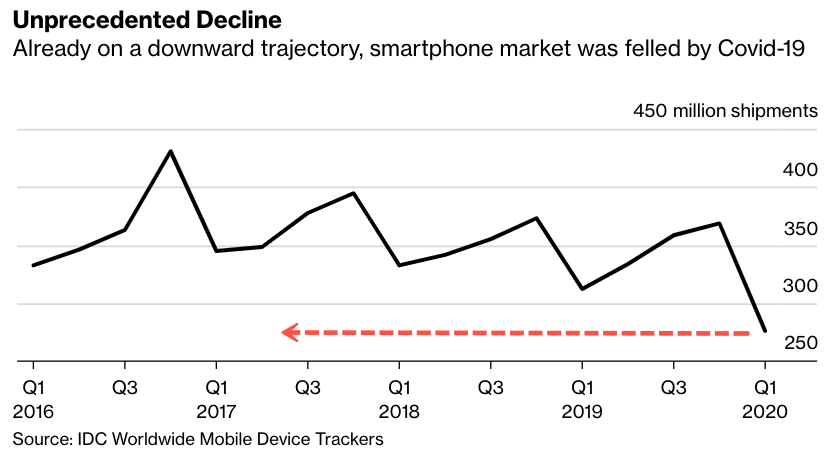
“What started as primarily a supply-side problem initially limited to China has grown into a global economic crisis with the demand-side impact starting to show by the end of the quarter,” said IDC research director Nabila Popal.
“While the supply chain in China started to recover at end of the quarter, as IDC expected, major economies around the world went into complete lockdown causing consumer demand to flatline,” Popal said. We noted in late March this setup was dubbed a “twin shock,” as China attempted to reopen manufacturing plants, only to realize that demand for products from Western countries collapsed as the fast-spreading virus led to global lockdowns.
He said consumers in China and elsewhere have dialed back purchases of smartphones as the virus has devastated aggregate demand:
“This drop in demand, combined with the lockdowns and closures of retail shops across the globe, strongly impacted all consumer device markets, including mobile phones,” Popal said.
“As the uncertainties of the lockdowns and total economic impact linger, vendors are reconsidering their outlook for 2020,” he said.
Crescat Capital’s Otavio Costa sums this up pretty well in a past tweet where he notes how consumer confidence has crashed among the Asia Pacific community but somehow not in China? He notes, “Fabricated data.…. CCP at its finest.”
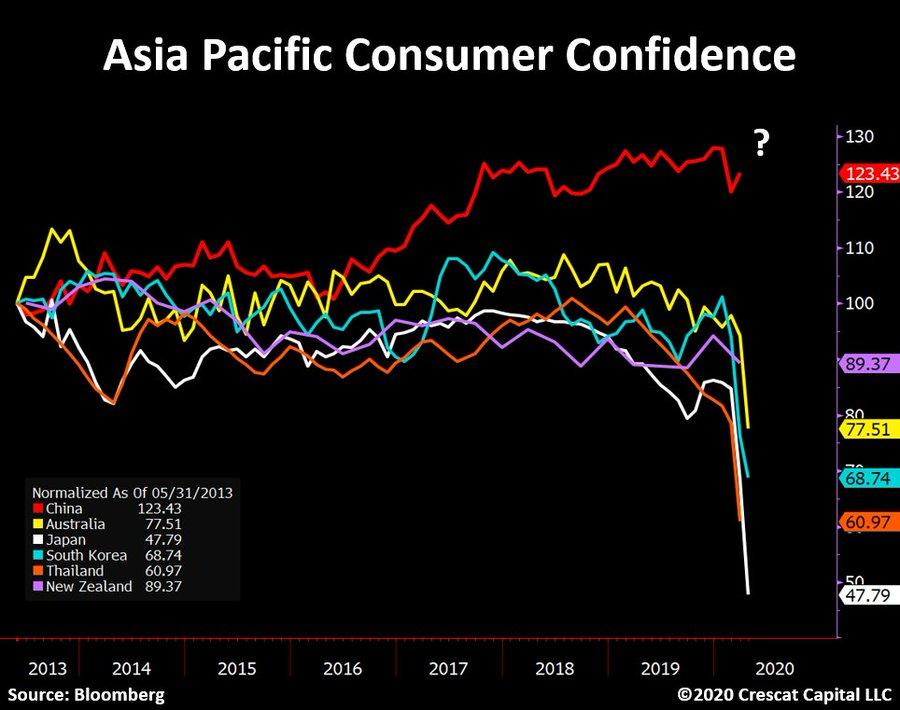
This is just more evidence that China has not only lied about a V-shaped recovery in its economy but also severely underreported cases and deaths of the virus. We noted last week that China’s February swoon is a forgotten memory as Beijing reported a massive rebound in March PMIs from the February crash. And to make things even more comical, both PMIs continued a slight expansion in April.
Meanwhile, an entirely different economic growth story is playing out with real-time activity trackers that shows anything but economic expansion in China and is probably why consumers aren’t purchasing smartphones. The latest activity in such sectors are hotels, catering and entertanment is running far below indicative 2019 levels, with just mining and real estate roughly comparable to year ago levels.
Coal consumption of major power plants is nothing spectacular, on par with 2019 figures. Doesn’t suggest a robust recovery.
Domestic travel actvivty remains well under 2019 levels.
Industrial and consumer activity suggest anything but recovery in China.
Here’s more proof that China lied about its recovery.
Alternative data has allowed us to get a more clear picture of the economic turmoil that persists throughout China. It now also makes sense why consumers aren’t buying smartphones because that would take a recovery to do so.
Tyler Durden
Mon, 05/04/2020 – 18:50![]()
Zero Hedge’s mission is to widen the scope of financial, economic and political information available to the professional investing public, to skeptically examine and, where necessary, attack the flaccid institution that financial journalism has become, to liberate oppressed knowledge, to provide analysis uninhibited by political constraint and to facilitate information’s unending quest for freedom. Visit https://www.zerohedge.com
